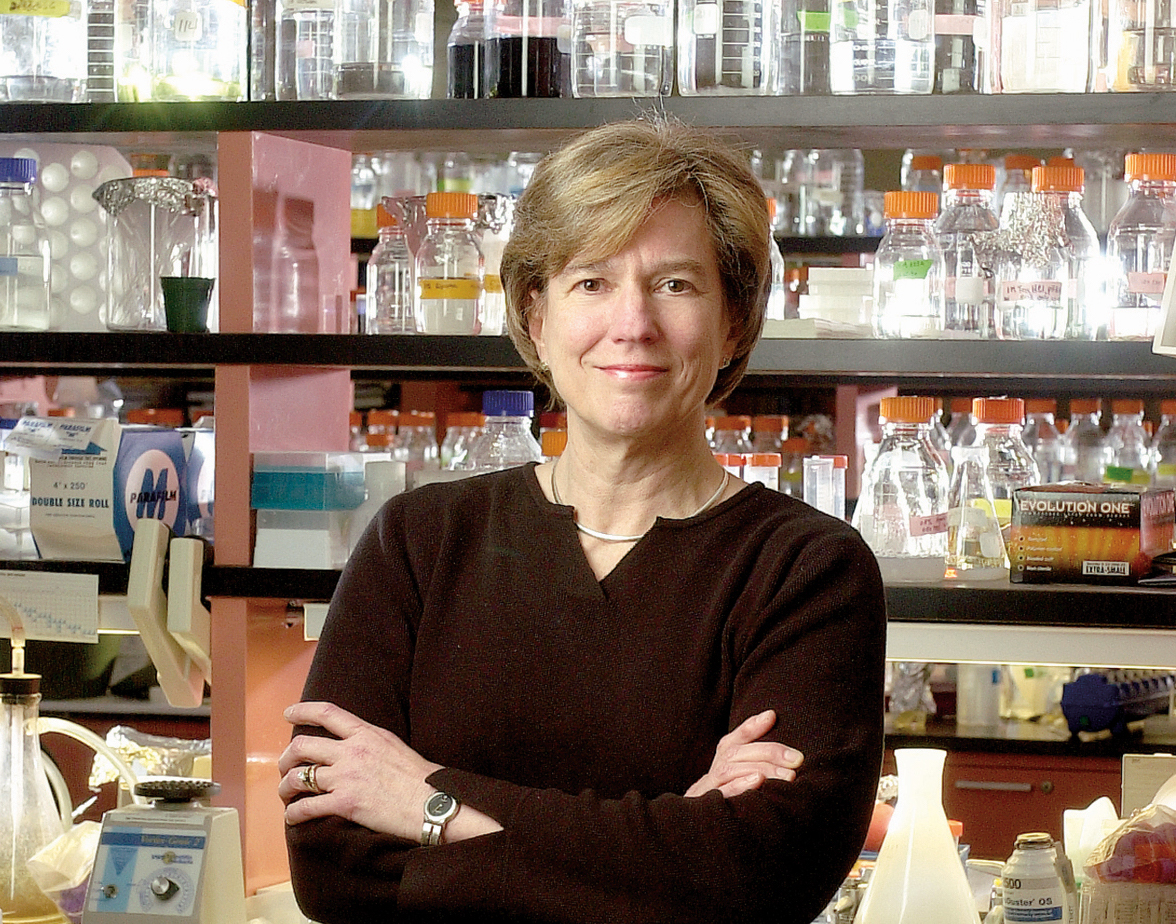That’s how I felt when I read Nina V. Fedoroff’s recent op-ed in the New York Times. It was headlined “Engineering Food for All,” and it expressed my own views far better than I ever could hope to do.
Fedoroff made an outstanding case for common sense as farmers try to meet the challenge of feeding the world as the global population continues to soar.
“Civilization depends on our expanding ability to produce food efficiently, which has markedly accelerated thanks to science and technology,” writes Fedoroff. So why is the Environmental Protection Agency cracking down on genetically modified crops, with their excellent safety record and amazing potential? “The process for approving these crops has become so costly and burdensome that it is choking off innovation,” she writes.
This is outrageous.
President Obama once promised to cut regulations. In his State of the Union address this year, he pledged “to reduce barriers to growth and investment.” In 2009, he said that “science and the scientific process must inform and guide decisions” made in Washington.
Based on these two principles, the Obama administration should not merely tolerate the development of agricultural biotechnology but actively encourage it.
“New molecular methods that add or modify genes can protect plants from diseases and pests and improve crops in ways that are both environmentally benign and beyond the capability of older methods,” writes Fedoroff. “The results have been spectacular.”
She ought to know. Until last year, Fedoroff was the science and technology advisor to the U.S. Secretary of State. Today she’s a professor of biology at Penn State.
Fedoroff goes on to point out that GM crops were grown in 29 countries on more than 360 million acres last year. About 90 percent of the more than 15 million farmers who use them are poor.
Here’s another data point that isn’t in her op-ed: In just a few months, a farmer in the southern hemisphere will plant the world’s three-billionth acre of biotech crops. Those acres will be needed to help feed the 7 billion people that will reside on this planet by that time!
These numbers allow Fedoroff to make one of her most compelling claims: “Myths about the dire effects of genetically modified food on health and the environment abound, but they have not held up to scientific scrutiny.” The European Union, she says, has spent more than $425 million studying the safety of GM crops. “Its recent, lengthy report on the matter can be summarized in one sentence: Crop modification by molecular methods is no more dangerous than crop modification by other methods.”
That’s another way of saying that biotech crops are just as safe as conventional crops. They may even be safer because they’re better at fighting insect and fungal pests, which means fewer of them are damaged or diseased when they’re harvested.
“Current federal regulation hurts progress on genetic modification,” says William Y. Brown, a Clinton administration science advisor, in a letter responding to Fedoroff’s op-ed. “It’s a trip down the rabbit hole to Wonderland.”
Even Fedoroff’s critics confess that she has a point. Margaret Mellon of the Union of Concerned Scientists, a political activist group that is often critical of biotechnology, admits that regulations “should be streamlined.”
Regulations are holding us back and nowhere is this more evident that in agricultural biotechnology. It’s taking longer and costing more money to approve GM crops at time when waits should shorten and expenses go down.
Washington shouldn’t add new rules to the development of these essential plants. It should get rid of the old ones that are no longer necessary.
As a farmer, I want to personally thank her for sharing her comments. All farmers should thank Fedoroff for her advocacy–and demand that we take back our regulatory system before it deprives us of the tools we use to produce the food that the world needs.
Tim Burrack raises corn and soybeans on a NE Iowa family farm. Tim volunteers as a Board Member of Truth About Trade and Technology. www.truthabouttrade.org


